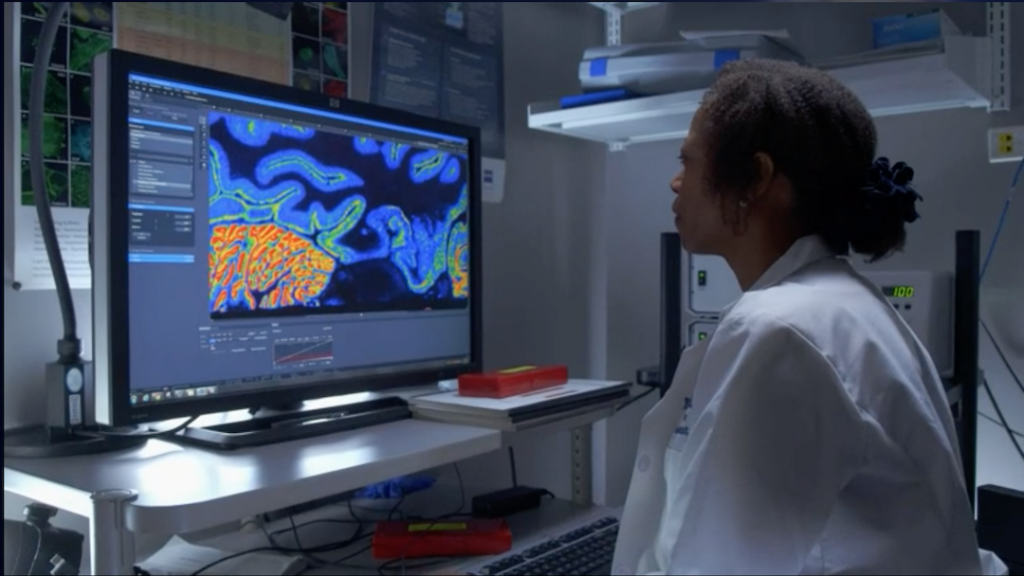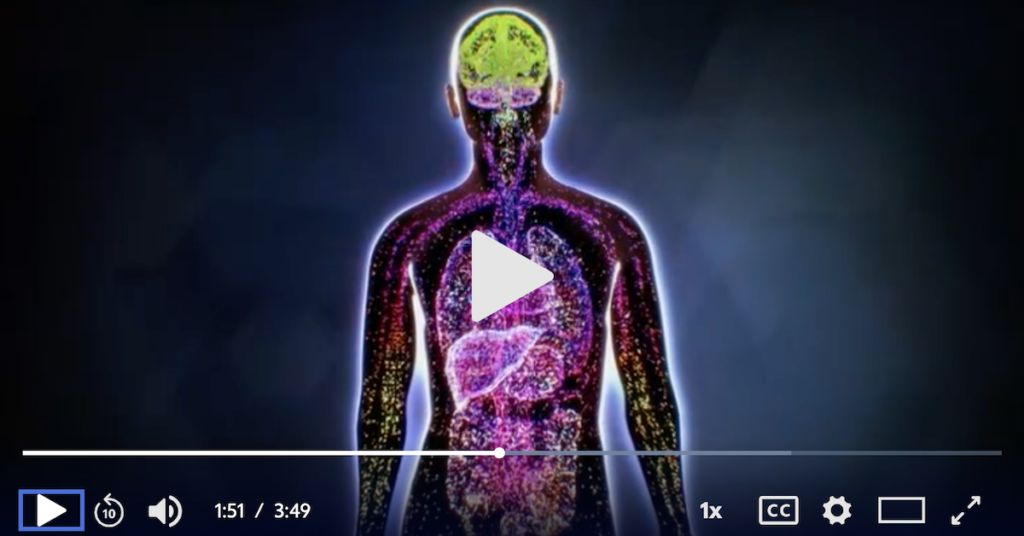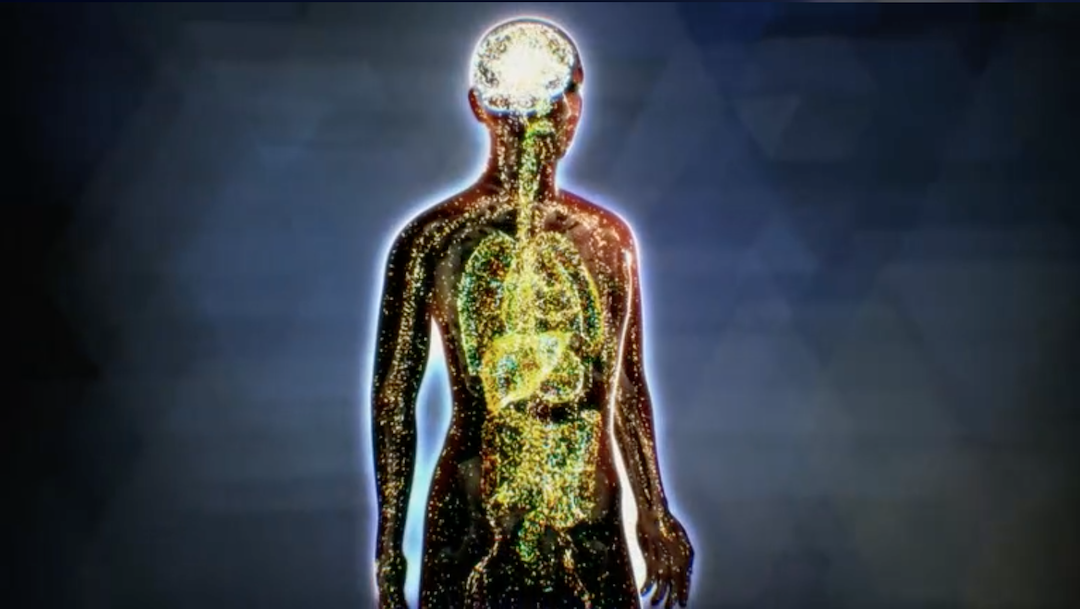most important scientific medical discovery since 1867
Discovered in the early 1990s, the endocannabinoid system (ECS) is regarded by many scientists and doctors as the most important scientific medical discovery since the 1860s, when surgeons discovered that washing their hands for sterile surgery saved lives.
Also known as the “master regulatory system,” Harvard- and Tufts-educated physician Dr. Jessica Knox says of the endocannabinoid system:
“There is not a human experience the ECS does not affect, from fertility and conception to moderating pain, mood, mental health, learning, sleep, and appetite as we grow and mature, to modulating brain health as we age.”
Yet, it’s 2023 and it’s still difficult to find data on the endocannabinoid system in accredited medical publications, media or textbooks. If you ask your doctor what they know about the endocannabinoid system, chances are they won’t know what you are talking about. (Ours didn’t.)
In The Gaping Hole in Medical Education on Cannabis, Dr. Sarah Mann reported that 85% of 2017 graduates received “no education in medical school or residency” on the endocannabinoid system.
Science documentary series NOVA begins to fill the gap
So it’s a breath of fresh air to see television’s most acclaimed science documentary series, NOVA, produce “The Cannabis Question” on PBS. First aired in September 2021, the hour-long documentary investigates the latest scientific evidence behind the potential benefits and risks of cannabis, and how criminalization has disproportionately harmed communities of color.
NOVA’s “The Cannabis Question” also includes a brilliant summary of what the endocannabinoid system is and does. America’s most-watched science series shares the 3-minute, 49-second video clip on its website under the title, What is the Endocannabinoid System? PBS shares 8 other short video excerpts from the NOVA episode, including CBD Helps Anxiety Patients in a Clinical Trial, Cannabis Reverses Brain Aging in Mice, and Why is Researching Cannabis so Hard?
The endocannabinoid system receptor is the most abundant receptor in the brain
Dr. Yasmin Hurd, an acclaimed neuroscientist who studies the effects of cannabis on the brain at Mount Sinai Hospital, discovered that CBD (the non-intoxicating cannabinoid cannabidiol) is a potentially significant option for treating opioid abuse.
“The cannabinoid receptor is the most abundant receptor in the brain,” Dr. Hurd emphasizes in the NOVA series. These receptors are expressed “in brain regions relevant for motor coordination, cognition, memory, emotional regulation, reward,” she says.

Dr. Hurd is the Ward-Coleman Chair of Neuroscience and Director of the Addiction Institute at the Icahn School of Medicine at Mount Sinai in New York. She’s also an elected member of the National Academy of Medicine, the American Society for Neuroscience, and the New York Academy of Sciences, among others.
Key role of the endocannabinoid system? Manage stress
NOVA narrator Devin E. Haqq explains: “Cannabinoid receptors, named after cannabis, are found in nearly every organ of the body. They bind with our own cannabis-like molecules, called endocannabinoids, which regulate functions like sleep, cognition, memory, and mood.”
In fact, the endocannabinoid system is now known to regulate much more than that, including pain, appetite, metabolism, immune function, reproductive function, stress.
The UCLA Center for Cannabis and Cannabinoids, the first of its kind in the country, writes:
Endocannabinoids are arguably one of the most widespread and versatile signaling molecules known to man.
“The key role of the endocannabinoid system is to manage stress,” Haqq continues in the clip. “In fact, the first endocannabinoid discovered in the human body, anandamide, was named after a Sanskrit word meaning ‘bliss.'”
Research initially suggested endocannabinoid receptors were present only in the brain and nerves. Scientists have since discovered that endocannabinoid receptors are present throughout the body, including every layer of our skin, immune cells, bone, fat tissue, liver, pancreas, skeletal muscle, heart, blood vessels, kidney, and gastrointestinal tract.
Watch NOVA’s “What is the Endocannabinoid System?”

In short, the endocannabinoid system is a master control system of virtually all physiology. Understanding it and its role in our health is important. Educating the medical community about it is paramount.
For a deeper dive into the endocannabinoid system and its role in the health of your skin, see our education piece, The Human Endocannabinoid System, at https://greenbeebotanicals.com/ecs/.






0 Comments